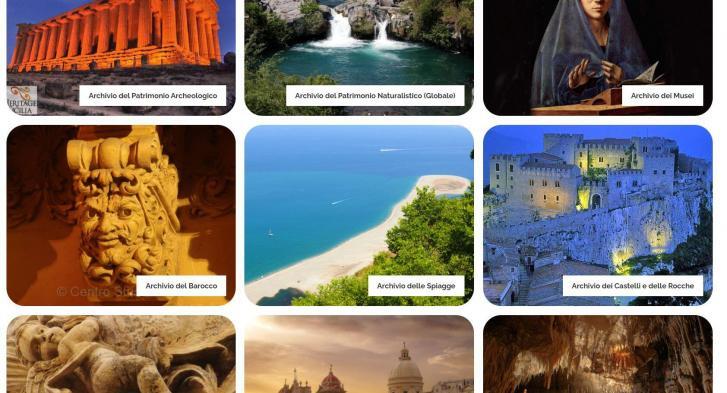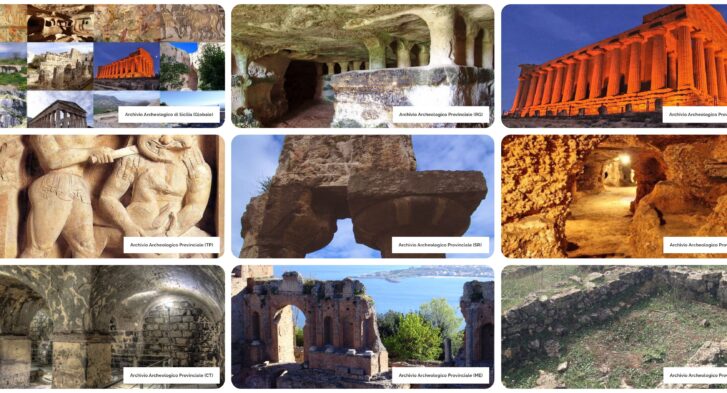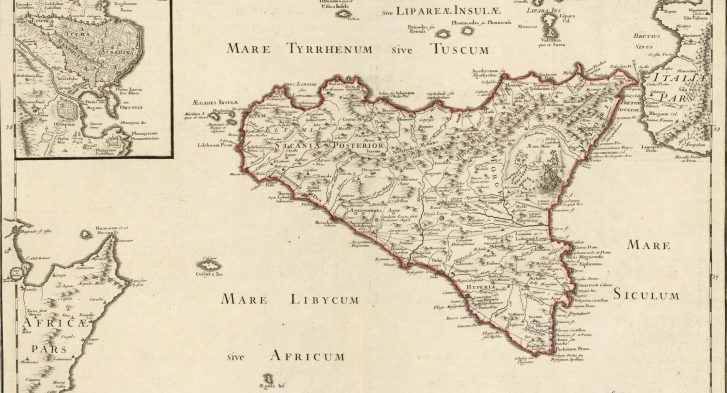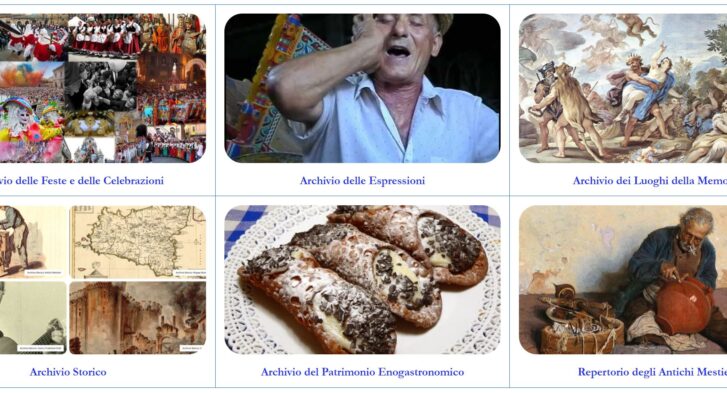The Dioscuri
Reference page: Repertory of Cults and Myths
Origins of the Myth
Dioscuri (from Dioskuroi i.e. "sons of God") is the name by which Castor and Pollux, sons of Zeus and Leda, the wife of Tindaro, king of Lacedaemon, are known. The night in which the Dioscuri were conceived, Leda also joined her husband and from that night of love, in addition to Castor and Pollux, Elena and Clytemnestra were also born. There was discord among the ancients to establish which of the children was born from the seed of the god and who, instead, from that of Tindaro. In the end, they were attributed to Zeus, Pollux and Helen who were therefore considered immortal, and to Tyndareus, Castor and Clytemnestra who were considered mortal.
The two brothers were also called Tyndarides, or sons of Tindaro.
Castor is seen as a very good horse tamer and Pollux is considered an excellent boxer.
Their legend is characterized by the great brotherly love that bound them in life and that lasted even after their death. They were inseparable friends and when, following an ambush, Castor was killed and Pollux wounded, Zeus called Pollux with him to Olympus, he refused immortality if the same fate had not also befallen his brother Castor. Zeus, struck by this fraternal love, promised them to always stay together, one day in Olympus and one day underground, in the Underworld. We then see the two heroes, made immortal, living forever both in light and in darkness.
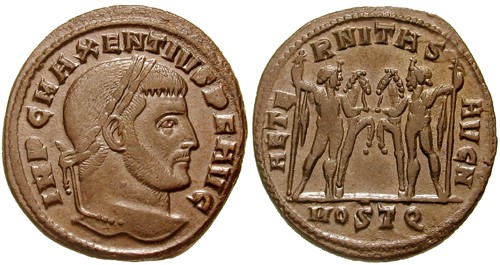
Roman coin representing the Roman emperor Marcus Aurelius Valerius Maxentius (278-312) and the Dioscuri
The Dioscuri, as well as the indigenous Palici, were considered protectors of people who were in danger, were invoked in battle or during a strong storm and were particularly revered by sailors. It is no coincidence that the two-pointed fires of Saint Elmo were called "Dioscuri", which were considered auspicious by sailors.
Note: The Fires of Sant'Elmo probably had an electrostatic origin, in fact, it happened to see them on top of the masts of ships during heavy storms and, in some way, they were a sign that the storm was about to end
The Myth in Sicily
In Sicily the cult of the Dioscuri absorbed the indigenous cult of the Palici. To Agrigento, the remains of a temple of the fifth century have been found. BC, perhaps dedicated to them, where the Theoxenie were celebrated, festivals in which it was believed that the Dioscuri participated in the public banquet, making, with this action, a pact of alliance with the participants [Ciaceri Emanuele: Culti e Miti dell'Antica Sicilia p. 296].
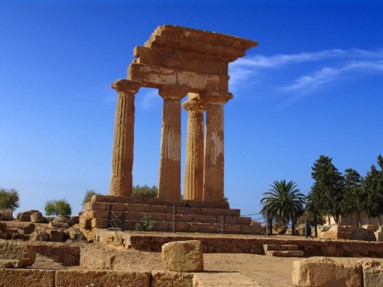
Temple of Castor and Pollux – Agrigento (Photo: Ignazio Caloggero)
It is probable that the cult of the Dioscuri also existed in Tindari. The name of the city itself derives, in fact, from Tindaridi, a name with which the Dioscuri were also known. In fact, a representation of the Dioscuri in a black and white mosaic was found in a room inside a thermal building in Tindari, probably from the second century, which came to light from excavations that took place after 1949.
The find of coins would indicate the presence of the cult too in Syracuse, Catania and Palermo [Emanuele Ciaceri: Cults and Myths of Ancient Sicily p. 301].
The archaeological findings of recent years have also shown the existence of the cult of the Dioscuri in the cities of Solunto, where a panel representing them was found, and of Akray where two statues representing the divinities were found.
Even for the Dioscuri there is no lack of links with the saints of Christianity. They contributed, together with Asclepius, to form the image of the saints Cosimo and Damiano, the two medical brothers martyred in the III century. and then assumed as protectors of the sick. Analyzing the origin of the name Damiano, it can be seen that it derives from the Greek "Damasos" which means "tamer", and a skilled tamer was Castor, one of the Dioscuri brothers. The Dioscuri were protectors of seafarers and in Sicily, a Palermo, even the saints, Cosimo and Damiano were considered protectors of fishermen. In the 1894th century the feast of the saints, Cosimo and Damiano in Palermo had been cancelled, it is said for reasons of public safety, and it was precisely the fishermen who, applying pressure to the authorities, managed, in XNUMX, to have the feast restored.
Extract from the Book ” Cults of Ancient Sicily” by Ignazio Caloggero ISBN: 9788832060102 © 2022 Centro Studi Helios srl



